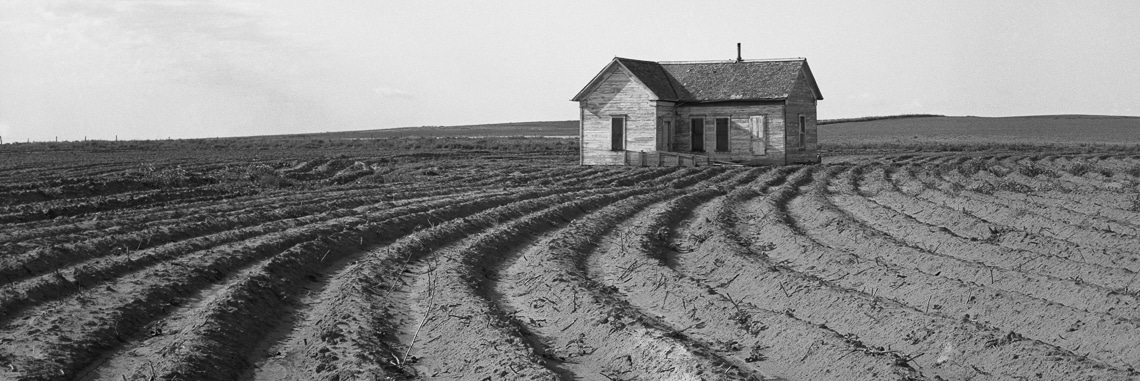
Prophetic Imagination
Prophets as Poets
Wednesday, March 24, 2021
One of the great scholars of the Jewish scriptures was Rabbi Abraham Joshua Heschel (1907–1972). In his in-depth study of the Hebrew prophets, he included this description of the prophets which is really rather surprising. We often think of prophets as scolds, rather judgmental and cranky, but Heschel reminds us of their essential gifts of creativity and imagination:
The prophet is a poet. His experience is one known to the poets. What the poets know as poetic inspiration, the prophets call divine revelation. . . . The inspiration of the artist is what is meant by “the hand of the Lord which rests upon the prophet.”
What makes the difference between the prophet and the ordinary person is the possession of a heightened and unified awareness of certain aspects of life. Like a poet, he is endowed with sensibility, enthusiasm, and tenderness, and above all, with a way of thinking imaginatively. Prophecy is the product of poetic imagination. Prophecy is poetry, and in poetry everything is possible, [such as] for the trees to celebrate a birthday, and for God to speak to [humans]. The statement “God’s word came to me” was employed by the prophet as a figure of speech, as a poetic image. [1]
One of the most recent encounters I’ve had with “poetic prophecy” occurred when Amanda Gorman, a young Catholic woman and United States Youth Poet Laureate, wrote and performed a poem for the recent Presidential Inauguration. It seems to me that many of her words connect deeply with words from the Hebrew prophets.
She begins her poem “The Hill We Climb” by asking in the style of the psalms of lamentation, “When day comes we ask ourselves, where can we find light in this never-ending shade?” She then references the sign of the reluctant prophet Jonah: “We’ve braved the belly of the beast; we’ve learned that quiet isn’t always peace.”
She transforms the seemingly unjust decree of Exodus 34:7 that God will “visit the iniquities of the fathers on the children and the children’s children, to the third and fourth generation,” no longer holding God responsible for intergenerational trauma. Like the prophets of old, she holds us accountable for our actions: “we know our inaction and inertia will be the inheritance of the next generation. . . . Our blunders become their burdens” (emphasis mine).
Like the prophet Micah, Gorman reminds us of God’s desire for mercy (see 6:8): “But one thing is certain. If we merge mercy with might, and might with right, then love becomes our legacy, and change our children’s birthright.” With the prophet Zechariah, she envisions a time of peace and plenty when “everyone shall sit under their own vine and fig tree and no one shall make them afraid” (3:10). I encourage you to read and ponder the whole text of her poem. [2]
I know not everyone appreciates or even understands poetry. I will admit it needs to be wrestled with sometimes, but I hope poetry can help us learn to appreciate the creative envisioning the prophets undertake through their relationship with God.
References:
[1] Abraham J. Heschel, The Prophets (Harper & Row: 1962), 367–368.
[2] Amanda Gorman, The Hill We Climb: An Inaugural Poem for the Country (Viking Books: 2021), available March 30, 2021.
Story from Our Community:
I was raised to be the obedient one. Most often that meant blind obedience. It took me many years to cultivate the integrity to speak my truth to power. I am still a reluctant prophet, often mistrusting my truth. I remain so deeply grateful for new mentors who teach me to listen to my inner voices and who give me some tools to discern the worth of them. —Ann W.

